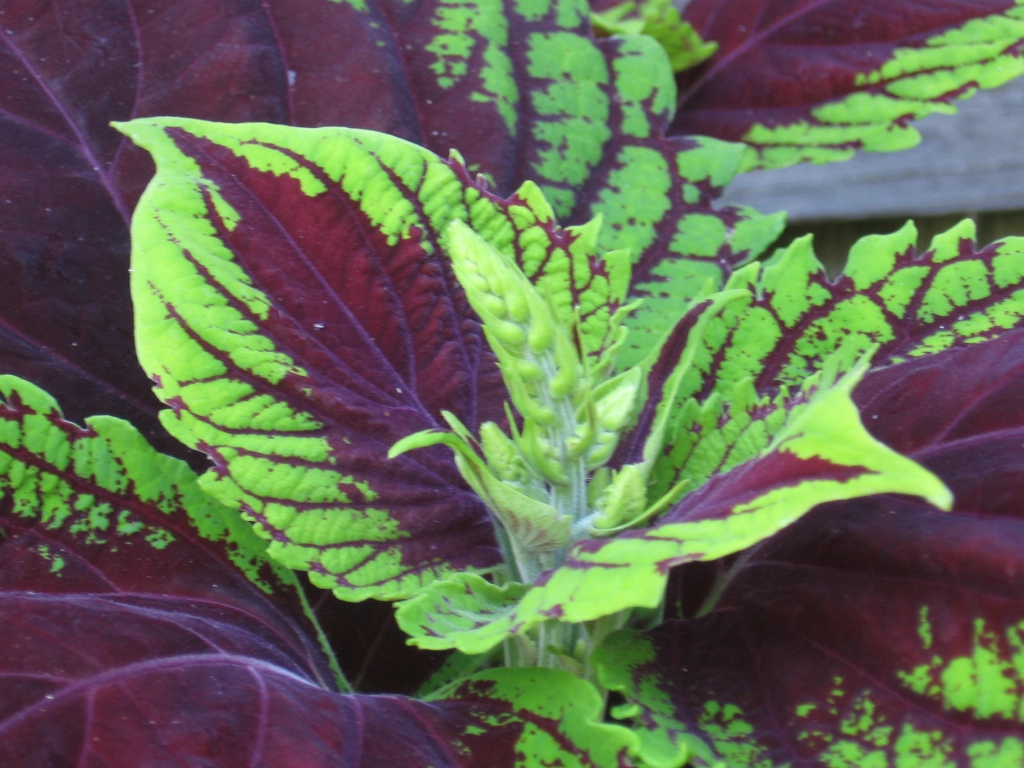I have been more aware of my good days and not so good days. Thanks to a more mindful approach to living, I am also aware of how my personal actions are directly related to my better days and my not better days. Shifting perspective to accept a more complete sense of responsibility for both the “good and bad” of my wellness is a step further along my path.
For me, I am aware of how I use my body in the garden or while working out. When I take an action that results in a minor discomfort, or even a major discomfort, I can examine the action and record the result in my awareness. For example, I use an auger attached to a power drill to open the ground to plant seedlings. It is important to keep both hands on the tool to prevent wrenching my arm, shoulder and neck when it grabs something in the soil with too much force. Last week I planted several elderberry cuttings using the auger. Since this is the first time using the tool this season, I was not as careful with the procedure. As a result, I did end up with some shoulder and neck discomfort. It is healing fine, yet I would have preferred to take the precautions and prevent the discomfort. I am recording this event in my awareness and will have more intent to keep both hands on the tool next time I use it.
That is just one example of how actions I take can result in a not so good day or more in my wellness experience. There are many ways that actions can result in not so good days. Eating habits, sleeping habits, sitting in one place too long habits, or any of the ways that each of us take actions that result in harm. I am sure you can offer your own examples without much thought or effort. The question is, how much responsibility are you taking for your own actions? Do you see the results as directly connected to your actions, or are you seeing your not so good days as some kind of mystery? Somehow, things aren’t going well and you feel like a victim rather than a creator.
When we accept that we create the results that we experience directly through each of our actions, we can begin to create intention to prevent the harm and promote the healing wellness that we seek. Sometimes it is difficult to accept that we are responsible for some of the harm that we experience in our lives. It is true that there are events that are beyond our control, or seem to be. Depending on your perspective, you might come to understand that even those events that seem to be beyond our control can be a consequence of actions that we have taken in the past. It takes a very concerted effort to seek these actions and connect them to the results in the present moment. Sometimes it is less helpful to think back to the past, and more beneficial to simply take a creator stance and accept the results in the present moment.
Finding a lesson in each of the not so good days is important. When we experience our level of wellness in the present moment, whether it is a good day or not so good day, we can use that information to create the intention for the actions that we will be taking going forward from that moment. The more we can be successful with this approach, the more likely we will increase the number of good days that we will experience on our wellness journey. Additionally, when we experience a not so good day as a teachable moment, it will transform the negative to the positive. We can be thankful for the lesson and prepare for a more healing practice in the present moment.
Thank you for taking the time to read this post. I truly appreciate it. If you would like to receive an email with future posts as they are published, please click the subscribe button below. Thanks again and I hope you are having a wonderful wellness journey.

2 responses to “The Ups and Downs of Wellness Practice”
Such rich thoughts here Marco. What you describe also strikes me as the focus of all mental health therapies…at their root. So empowering to understand how we create our own outcomes.
LikeLike
Hi Richard, I agree with the empowerment aspect of accepting a role in creating every outcome. Even when things don’t always go as planned, we can use the experience as information to attempt a different decision and produce a better outcome. Thank you.
LikeLike